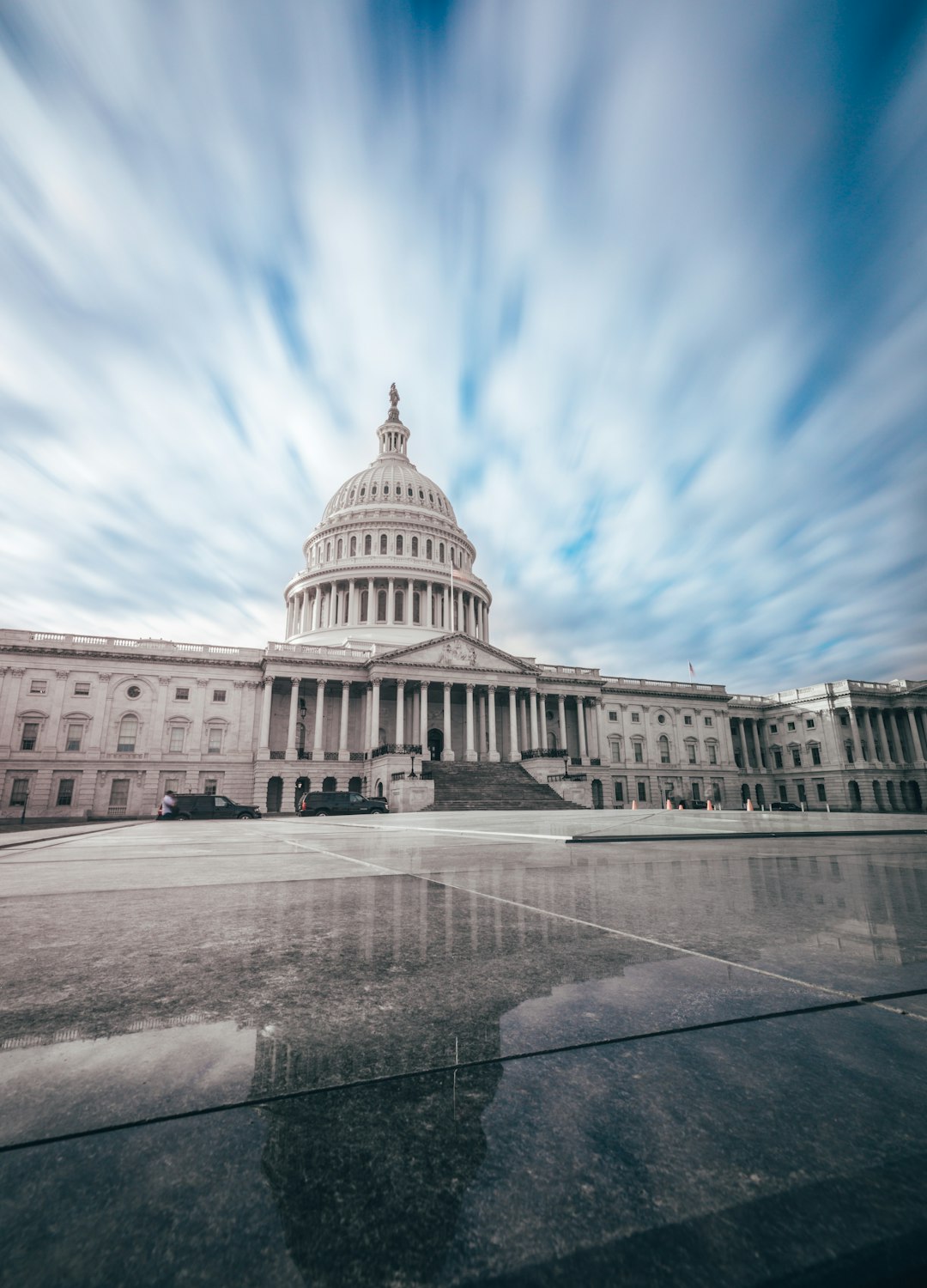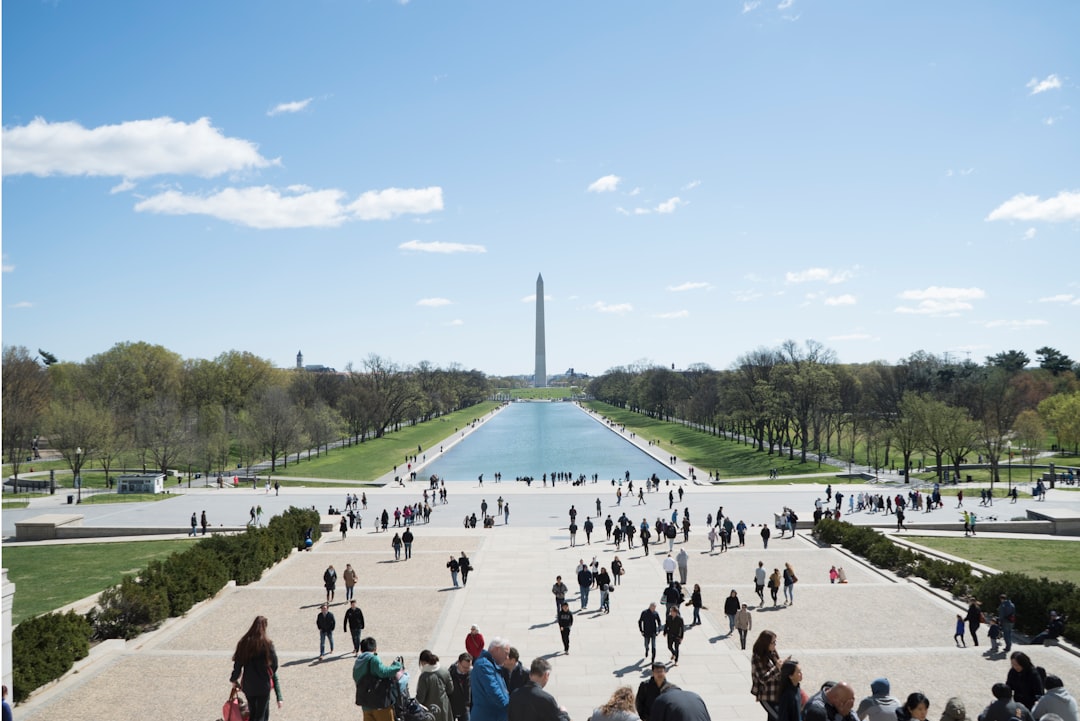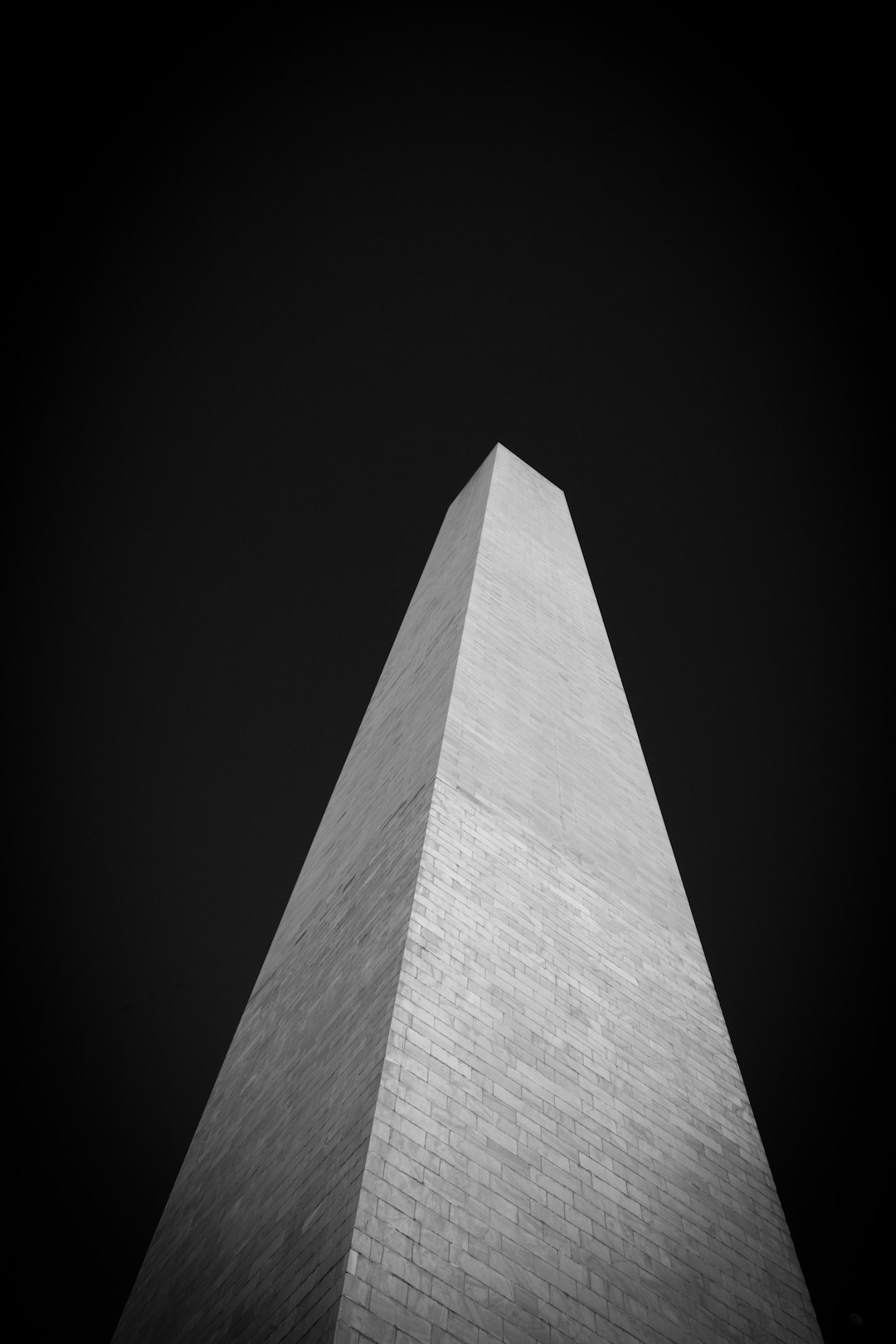Inchelium, within the Colville Indian Reservation in Washington, showcases the interplay of local, tribal, and state governance. It provides insight into Do Not Call Laws in Washington State, emphasizing privacy protections and cultural sovereignty efforts. Ferry County prioritizes residents' privacy with strict DNC laws, allowing individuals to register their numbers for reduced intrusive marketing. Washington State's Do Not Call laws safeguard against unsolicited calls, with the DOL enforcing restrictions and fines for violators, encouraging residents to maintain accurate lists for minimal phone solicitations.
“Discover Inchelium and its role in understanding Colville reservations within Ferry County. This article explores the intricate relationship between these regions, shedding light on the local protections afforded by the Democratic National Committee (DNC).
Additionally, we delve into Washington’s stringent Do Not Call Laws, empowering residents with knowledge of their rights under these regulations. Learn about the legal framework that protects citizens from unwanted calls and the implications for businesses operating in this jurisdiction.”
Inchelium: A Glimpse into Colville Reservations

Inchelium, a small community nestled in Ferry County, Washington, holds significance within the broader context of Colville Indian Reservation. This reservation, home to several indigenous tribes, including the Colville Confederated Tribes, has unique legal protections and frameworks due to its history and cultural importance. Inchelium serves as a gateway into understanding the complex dynamics between local communities, tribal governments, and state regulations, particularly regarding Do Not Call Laws in Washington State.
The area’s rich tapestry is interwoven with both vibrant indigenous traditions and modern-day challenges, such as navigating privacy protections for residents. With a focus on preserving cultural sovereignty and ensuring community well-being, the Colville Reservation has implemented specific rules and regulations, including measures related to telephone solicitation and Do Not Call laws, which are distinct from those in the surrounding areas. This unique perspective offers valuable insights into how indigenous communities assert their rights and maintain control over their land and resources.
Ferry County's DNC Protections: What You Need to Know

Ferry County, located in the heart of Washington state, takes pride in its commitment to protecting residents from unwanted sales calls and telemarketing messages through robust Do Not Call (DNC) protections. These laws are designed to empower individuals who wish to limit their interactions with unsolicited commercial calls, texts, and emails. By registering their numbers on the DNC list, Ferry County citizens can ensure they receive fewer intrusive marketing messages.
The Do Not Call Laws in Washington state offer a level of control over one’s personal communication. This means that businesses are prohibited from making telemarketing calls to residents who have registered their phone numbers on the state’s Do Not Call list. Ferry County actively enforces these regulations, providing a peaceful environment free from excessive marketing efforts. Understand your rights and take advantage of these protections to enjoy a quieter, more personalized form of communication.
Washington's Do Not Call Laws: Your Rights Explained

In Washington state, Do Not Call laws protect residents from unwanted phone calls and sales pitches. These regulations are designed to give individuals control over their personal time and privacy. If you’re on the Do Not Call list, it means that your phone number has been registered with the intention of avoiding marketing or telemarketing calls. This list is administered by the Washington State Department of Licensing (DOL), which enforces restrictions on companies making outbound sales calls.
Under these laws, businesses are prohibited from calling residents who are on the Do Not Call list. Violations can result in fines and legal action. To register your number, you can contact the DOL directly or use third-party services. Once registered, it’s crucial to maintain your status by providing accurate information and promptly updating any changes that might affect your preferences. Understanding and exercising your rights under Do Not Call laws in Washington is essential for safeguarding your personal time and minimizing unwanted phone solicitations.






